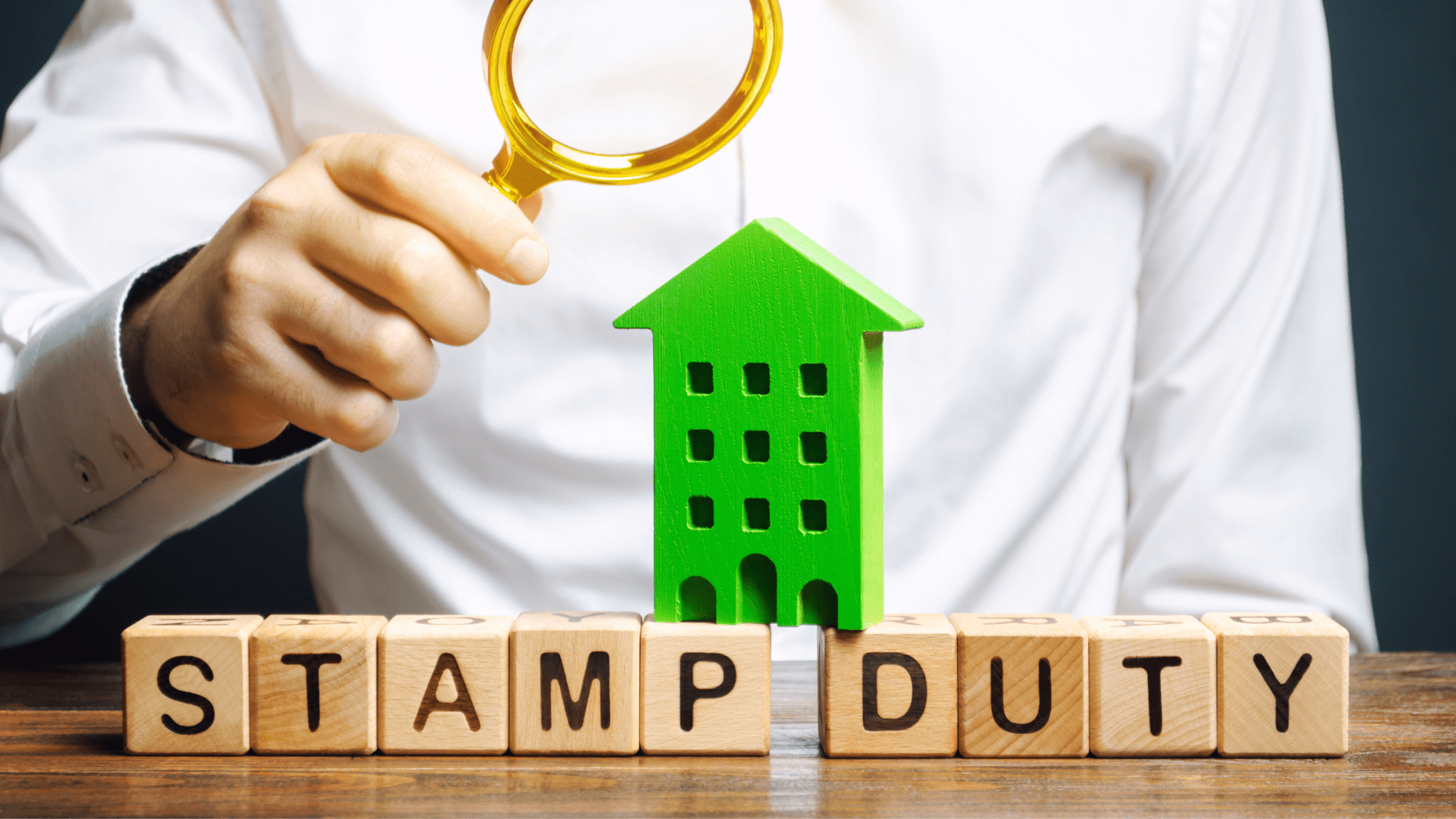Tip: never ever dive headfirst into any major decision such as investments without asking questions.
There's a lot more to purchasing a private property than meets the eye. So, it's important to have as much grasp of the process as possible because you wouldn't want to be caught in a complicated situation and have nowhere to go by asking the right questions.
Let me share with you ten questions you need to ask yourself and your agent before buying a property.
1. Am I prepared for this? I don't only mean about being financially ready, although that's the biggest part of the preparation. But you also need to ask yourself if you're prepared to commit to a long-term payment scheme--no matter what happens--mentally and emotionally.
2. What is my purpose for my property? Have a clear intention for the property you plan to purchase. Will you be living there? If so, are you planning to raise a family and would need a bigger space in the long run? Or is it strictly for investment, and will you be selling it after a few years? Your answer to this will more or less drive all of your decisions moving forward.
3. Which properties would I like to live in or invest in? There are many options to choose from! So scout locations and units, and then create a list of at least the top five choices you might go for.
4. When am I moving? If you have every intention to live in the unit, plan your move ahead. Other than hauling all of your items from one place to another, there will be other matters to see through. You might need to recalibrate work and school arrangements if the location is too far from your existing one. From here, you will also need to decide what to do with your current home (if you own it). Will you be selling it, or renting it out? Will you need a temporary home in between?

5. Do I have payables I need to clear off? Run an inventory of your credit cards and loans and see how far along you are in paying off all of them. I don't need to elaborate on the large sum of payments you need to take care of once you have purchased a property, and it's beneficial to start with a clean, fresh slate. Also, due to the Total Debt Servicing Ratio, any unpaid loans will impact your credit score and affect how much you can loan for your new home. Try to pay off everything at least a year before buying a home.
6. Which banks offer the lowest loan rates? Research the local banks for your home loan and inquire about their interest rates, payment schemes, and how much they can lend you. Get Approval in Principle for your loan ahead. Preparing this will mean that you would have financing for your home. Otherwise, you'll clamor for one when the bills come. It's good to note that your initial deposit for the home is non-refundable, so make sure that the rest of the payables will be taken care of with a bank loan.
7. What is the property's URA master plan? Get an idea about what might happen to your property and its surroundings in the future. A URA master plan will show you potential developments and other changes that might happen to your environment in the future. These will impact your property's value in the future and your lifestyle if you choose to live in your condo: the views, the accessibility, and if you are investing, your possible competition if other condos are rising in a couple of years.
8. What do I need to pay for? Before you write a check for your down payment, ask if the rate upfront covers your stamp duties, and other seemingly "hidden charges" are included. You will need to pay the first 5% of your property in cash, and the rest is up to financing. However, suppose the stamp duties and other responsibilities are not included in the quotation. In that case, you might be surprised by these payments at every turn. What's more, you won't be able to loan more than what you initially applied for due to the TDSR.

9. Will I be sharing this property? Some property purchases are made with co-borrowers. If you intend to go about your investment this way, ask your co-borrowers their intentions and decide on your long-term plans for the unit. You have two manners of holding with this:
1) Joint tenancy, where all co-borrowers are considered a single entity owning the property.
2) Tenancy in Common, where the co-borrowers may have different shares depending on their agreement. This will involve and conveyancer lawyer who will go through the legal process with all of you, from drafting the agreements to executing them upon completion of payment.
10. Will I be renovating? In cases of re-sale properties, there will be a few things you will probably want to change or upgrade. It's good to have an idea of what you want to achieve in the unit and more importantly if you have the money to pay for them. Some alterations would not cost much and may be done with a little DIY. But if you will be re-imagining the place, have a professional look at your plans and draft a proposal for the expenses so you can consider the costs before going for it.
For all of your property investment concerns, you are welcome to contact me so we can plan this out together to reach your goals.
Click here for a complimentary 20-min consult with us.
